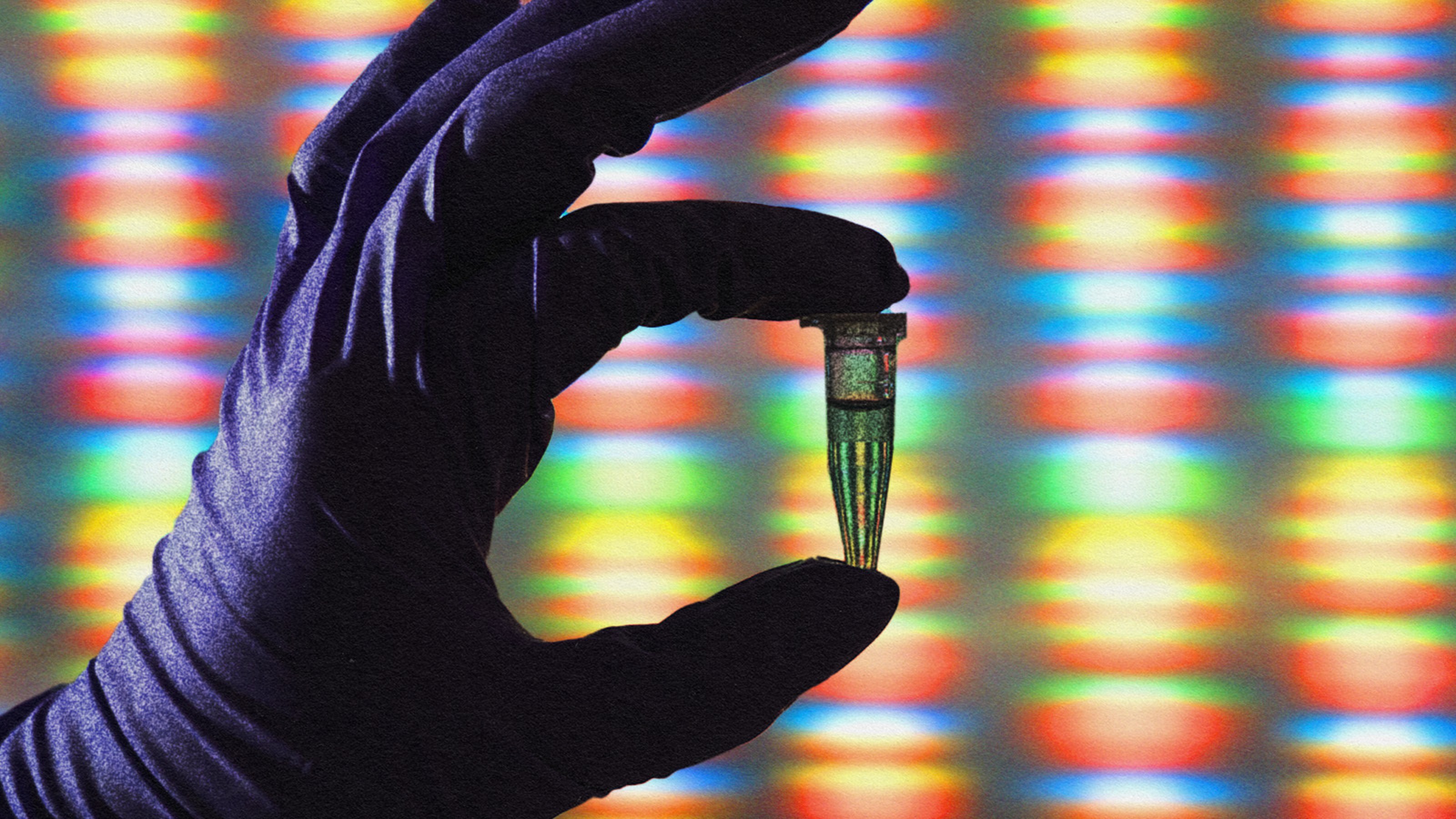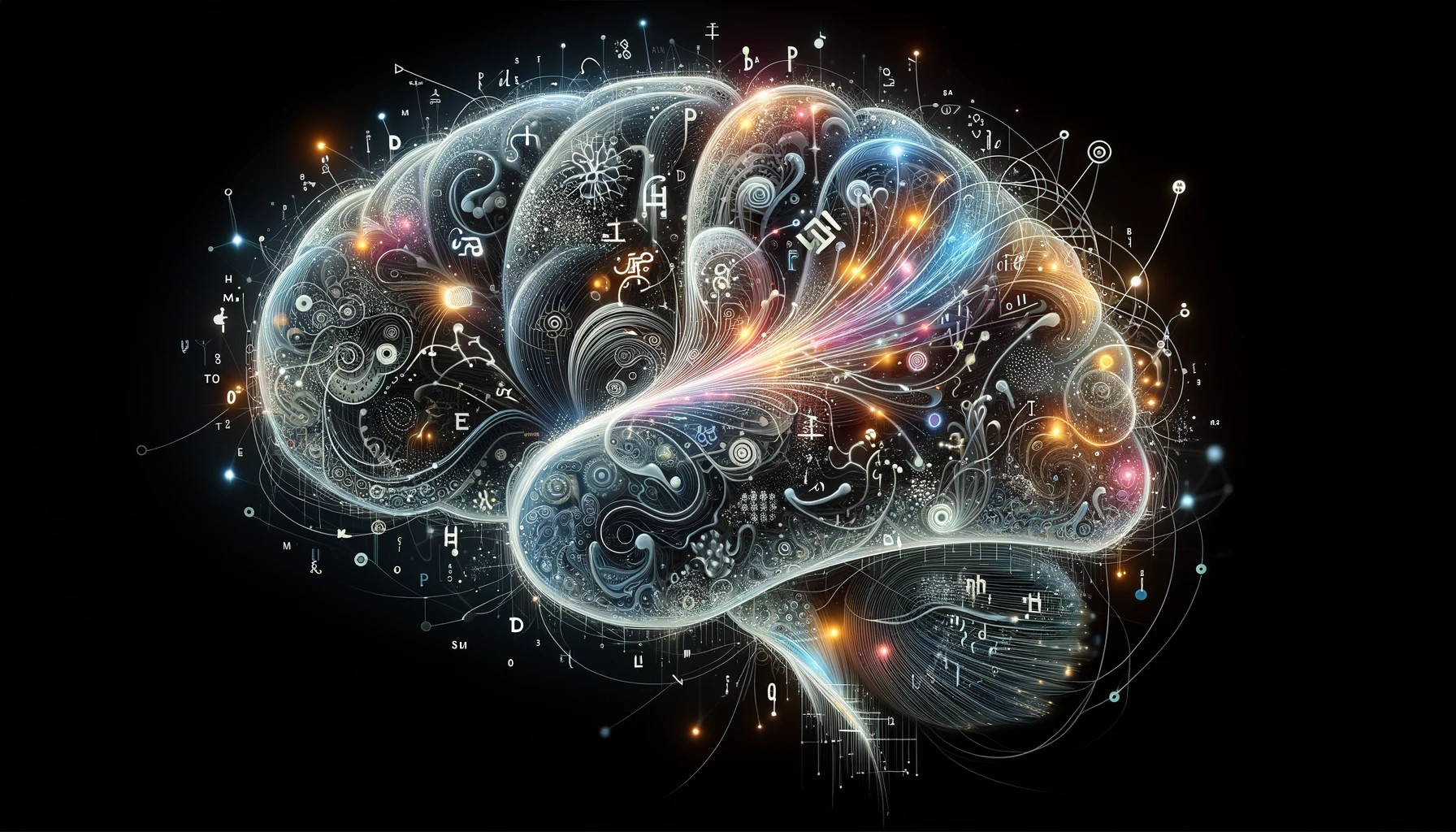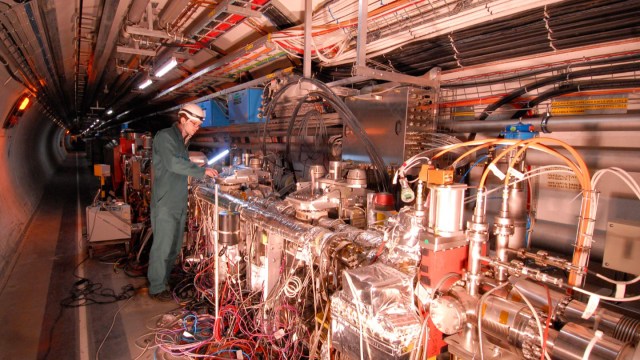This A.I. can predict how long you’ll live—and it’s free

“He not busy being born is busy dying,” sang Bob Dylan, and of course he’s right. We’re all ticking time bombs in our way. We think that, by and large, we pass on in order of age, but that’s just one metric, and it’s a pretty coarse-grained one. There are lots of other predictors of longevity, and each has its own health and “age”—its own clock, if you will. Young.AI is a new project currently in beta testing that uses A.I. to track the “age” of our systems in order to derive a more meaningful prediction of our biological age, and thus our lifespan. It seeks to identify the weakest clocks as the ones most likely to become life-threatening.

(Insilico Medicine)
Young.AI is a project of Insilico Medicine, whose mission is the use of “Artificial Intelligence For Drug Discovery, Biomarker Development & Aging Research.” It follows a deep-learning analysis by Insilico of blood tests from 130,000 South Koreans, Canadians, and Eastern Europeans. Scientists from Johns Hopkins, University of Oxford, and other research institutions participated in the study. This was apparently the largest such analysis ever performed in the longevity field, and it produced a model using “several deep learning-based predictors of biological age trained upon population-specific blood biochemistry and haematological cell count datasets.” It was published in the Journal of Gerontology.
Polina Mamoshina, a senior research scientist at Insilico Medicine, says that “today, thanks to A.I. and the incredibly fast computational power of our deep learning neural networks, we can discover patterns and formulas in a huge pool of blood work that could not be discovered just a few years ago.”
The project looked at 21 commonly measured blood parameters such as cholesterol, inflammation markers (CRP), hemoglobin count, and albumin levels, along with 17 other chemical indicators. Through A.I. analysis aligning blood chemistry with age, ethnicity and other data, Insilico believes it’s produced an algorithm that offers the “first truly reliable aging clock for humans.” It says that now, simply through the analysis of a single drop of blood, it can determine an individual’s life expectancy.
Insilico Medicine
Anyone can find out what their medical future looks like according to Insilico’s algorithm by going to the Young.AI website. The analysis is free. Participants have to have their blood locally tested for 18 parameters, and then upload the results to the Young.AI site, along with a facial photo for another Insilico AI algorithm that can assess aging based on visual indicators. It only takes a few seconds for the site to return a report. If it shows a biological clock age that’s older than one’s chronological age, Insilico hopes that the analysis can help subjects take the necessary steps to shore up their weakest indicators before it’s too late.
Insilico’s CEO, Alex Zhavoronkov, says, “Our test gives people a sober look at how fast or slow their biological clock is ticking. And for those who learn that their bodies are aging at a fast, unhealthy rate, the test will hopefully serve as a wake-up call, convincing them to take steps now that will add years to their life later—all this insight from a blood test.”
Since we still have much to learn about how and why the progression of ill health manifests in our systems over time, it remains to be seen how accurately a snapshot of your blood chemistry values today can serve as a predictor of your eventual health, A.I. and deep learning notwithstanding. As an indicator of your condition right now, though, it’s clear that a Young.AI report would have value as a guide for informing your behavior. As far as it seeing into your future goes, you might want to keep an open mind. Only time will truly tell.





